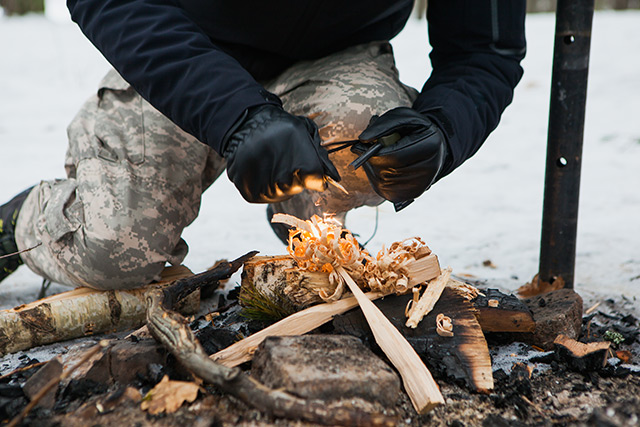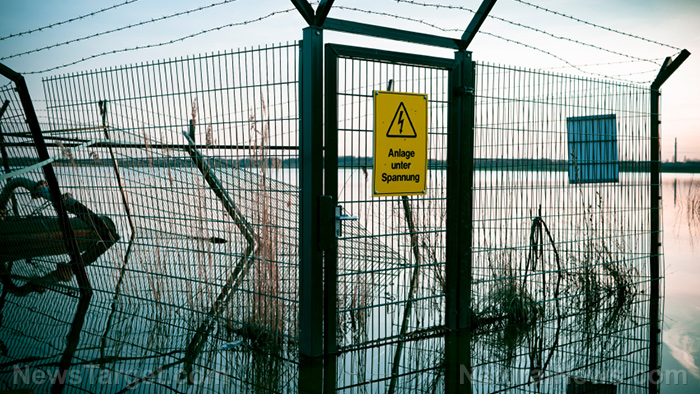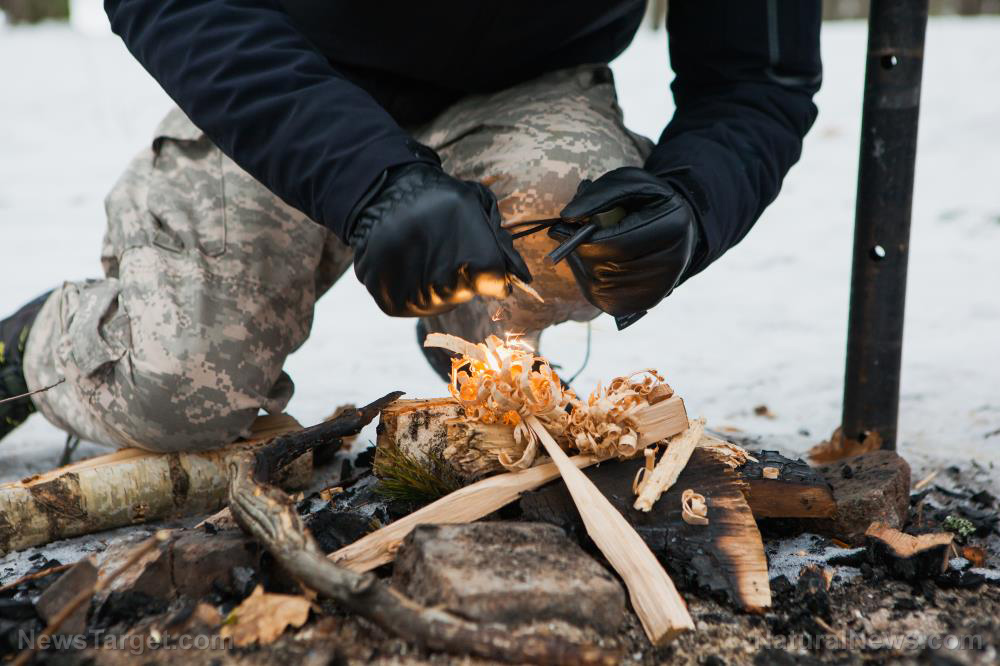What most preppers forget: How to disaster-proof your important documents
06/04/2018 / By Edsel Cook

You may have prepared yourself, your loved ones, and even your home for disasters. But have you taken steps to securing valuable documents like your identification? A Preppers Survive article tackles how you can protect these vulnerable and vital documents when SHTF.
Take a leaf out of the playbook of policemen, soldiers, and other people in dangerous occupations. These people have a checklist of what documents should go with them in case of an emergency. They also make multiple copies of those documents and store these back-ups in safe locations.
These documents should never be stored in your bug-out bag. If you somehow lose your bag, whoever finds it – or stole it – will gain access to your personal information.
Every year, millions of people fall prey to identity thieves. The last thing you need is someone stealing your identity alongside your bug-out bag. Therefore, it bears repeating that these documents should not go inside your bug-out bag. (Related: How to prep your vehicle for emergency situations.)
Get a fireproof, waterproof safe and put it in another city or state
Instead, the way to start is to get a sturdy storage safe. Do not settle for mere “fire-resistant” and “water-resistant” units. Make sure you have one that is truly fireproof and waterproof. You are going to store your original documents in there. A safe deposit box is a much more expensive option than a standard safe. But it is also much sturdier. To ensure it is proof from disaster, store the safe deposit box in a different city or even another state.
Make electronic copies of your original documents and store them on an external storage device. A USB thumb drive is good, but an external hard drive protected by passwords is better, especially if the latter is stored in a Faraday bag.
Your storage device should go inside another fireproof, waterproof safe in a different physical location. If you have a trusted friend who lives in another state and has a secure safe, ask him to keep it for you.
Why go to such lengths? A disaster can devastate entire cities and even a whole state. In order to rebuild your life from scratch, you will need legal identification. Having back-ups of your most important information would speed up your recovery.
Secure these important documents against disasters
Your important documents can be divided into six categories:
- Identifiers — Church documents like minister’s license or patriarchal blessing; driver’s license; list of items in your wallet; passport; Social Security card or proof of citizenship; state-certified documents like birth and marriage certificates, car titles, and home deed
- Estate Planning — Court rulings; emergency contacts directory; prepaid funeral and burial arrangements; organ donation; survivor benefits; will
- Education — College ID; diplomas, GED, or certifications; paycheck sub; resume; school transcripts; taxes returns from the last two years
- Insurance — Car insurance, registration, replacement key, and auto coverage policy; health, eye, and dental insurance cards, and HSA card; homeowners/renters insurance; medical history and list of prescriptions, disability and liability insurance
- Accounts — Bank account statements; credit card statements; investment statements; leases and contracts; loan statements; your passwords for your online accounts
- Additional Assets — Appraisals for valuables; business identification records; gun receipts and transfers; heirloom documentation; hobby/trade log; royalties and copyrights
Organize these documents with Grab & Go binders, manila envelopes, or your personal preference.
Keep a fireproof, waterproof document near your safe at all times. If you need to bug out of your home, unlock your safe, transfer all your documents into the bag, and leave. Again, do not leave the important documents inside the unattended bag.
Pick up more tips about preparing for disasters and SHTF moments at Preparedness.news.
Sources include:
Tagged Under: bug out, bug out bag, disaster preparedness, preparedness tips, preparing for disaster, prepping, prepping guide, prepping tips, SHTF, tips for disaster planning, urban prepping




















